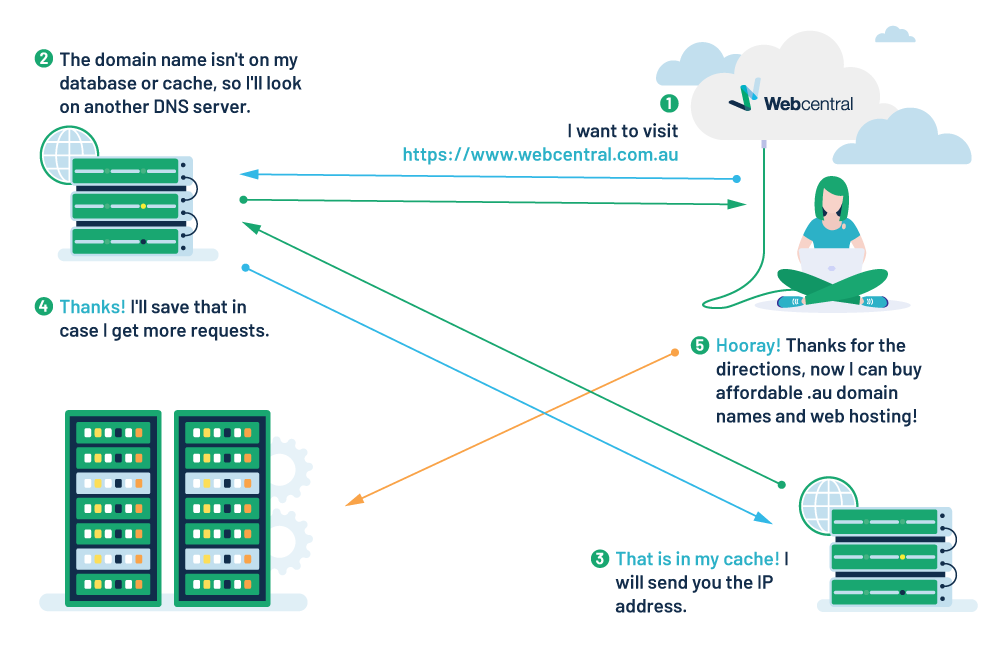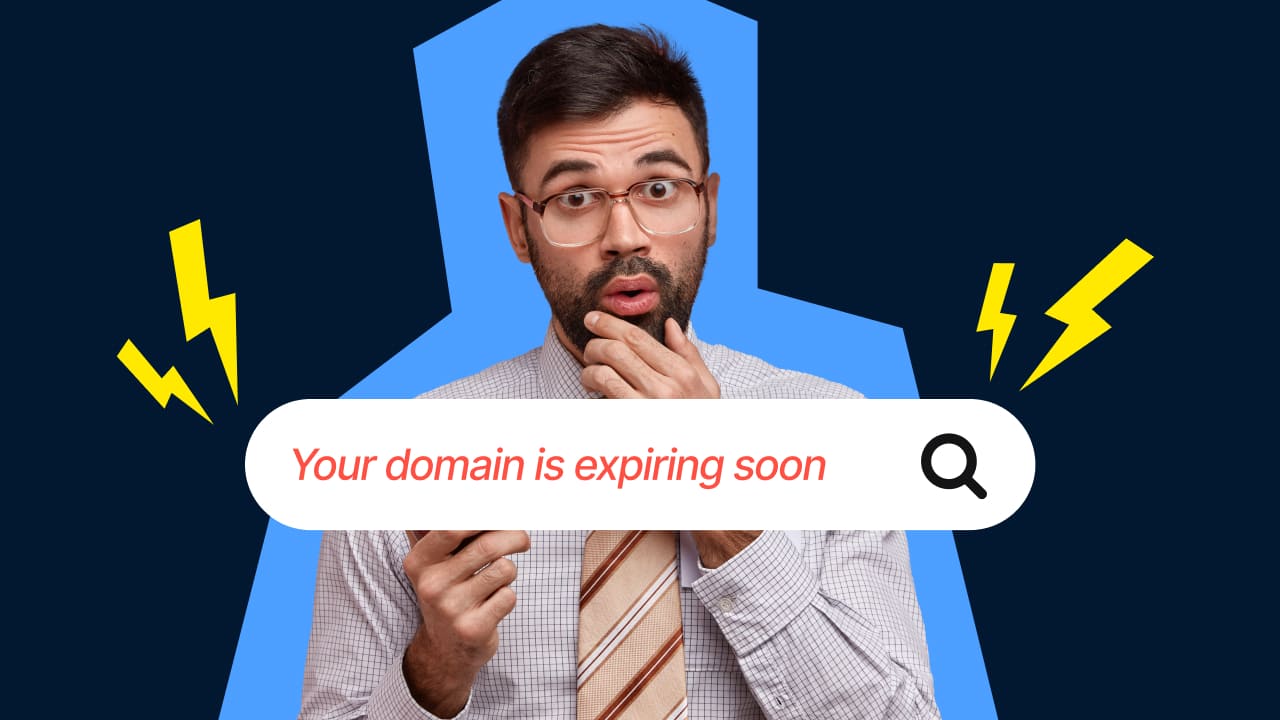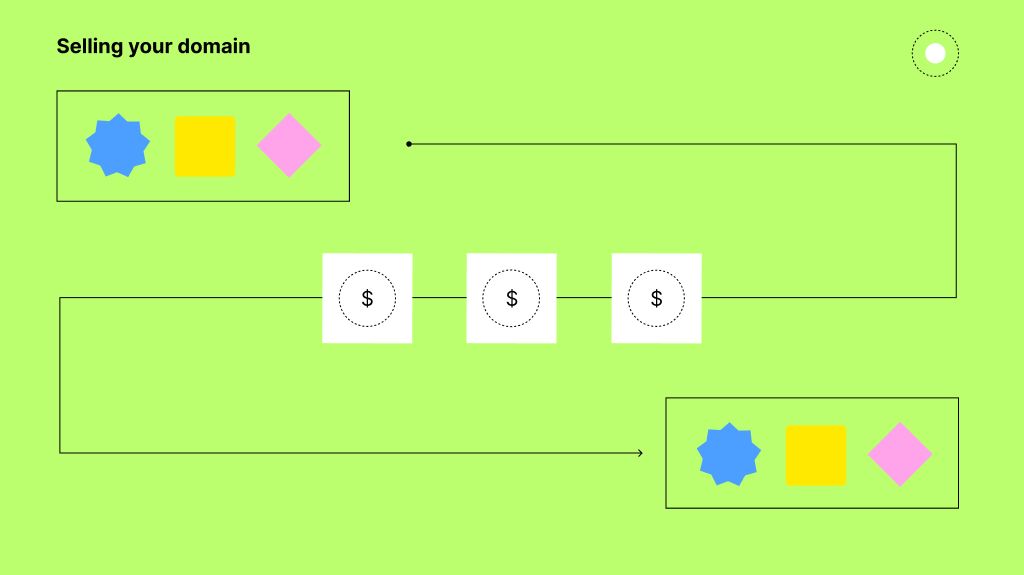Your domain name is one of the most important but easily forgotten parts of your online presence. Effective domain management can make or break online business success. If one piece of the puzzle is missing – or incorrect – your email can stop, your website can go down, and cloud software stops working. Your domain name can contribute to the strength of your brand and mark out your piece of online real estate.
Tips to avoid a crisis with your domain names:
- Start technical troubleshooting when you have a DNS problem
- Don’t miss your domain renewal dates
- Consolidate your domain renewal dates
- Invest in a domain portfolio manager
- Select your domain registrar with care
- Always respond quickly
What is a domain name? Domain names make it easier to remember and find a website than relying on IP addresses that consist of a series of different numbers. In layman’s terms, a domain name is what you put after the “www.” in the URL bar. For example, webcentral.com.au is our domain name. Instead of typing in a numeric IP address to visit a website, you can do a domain search by typing in the domain name.
What is a DNS?
A Domain Name Service (DNS), or the Domain Name System, translates human-readable domain names to machine-readable IP addresses. A DNS holds a distributed list of records for the domain names you are looking for. The list is distributed across the internet, so we don't have to go to the same place for the domain information. A DNS check ensures your domain name searches are directed to the correct destination. This is a simplified diagram on how it works:  For a domain name to find its corresponding website or email service, it must be delegated to a name server. Every name server contains a zone file, which contains zone records. Zone records help translate domain names into IP addresses, which represent the computer servers that host your website or email service.
For a domain name to find its corresponding website or email service, it must be delegated to a name server. Every name server contains a zone file, which contains zone records. Zone records help translate domain names into IP addresses, which represent the computer servers that host your website or email service.
Start technical troubleshooting when you have a DNS problem
When Google Public DNS cannot resolve a domain, it is often due to a problem with that domain or its authoritative name servers. We have created a comprehensive support page detailing steps on some of the technical troubleshooting you can undertake if you experience DNS failures. To find out what you can do, our Understand DNS support page will explain why your domain name isn’t connecting to a website and what steps you can take to ensure the setup is complete.
Don’t miss your domain renewal dates
Set your domains to auto-renew by default so that your organisation never misses a domain renewal and opt for credit on account instead of using a credit card. An expiring credit card could be the reason your registration lapses. If that’s not possible, take the time to diarise upcoming registration and ensure that more people than the domain administrator are aware of these important dates.
Consolidate your domain renewal dates
Renewing your domains in bulk is a foolproof way to avoid the administrative and re-branding costs incurred by a lapsed domain. Most domain registrars will permit you to align all your domains' renewal dates to just one date. This is a perfect way to ensure that all your domains are renewed on time and easily with just one payment.
Invest in a domain portfolio manager
 Domain name management is the process of securing a domain portfolio from external threats and making sure all domain names have current registration. Domain management software can take the pain out of troubleshooting by providing a detailed snapshot of the online spaces you control. You no longer need to engage in tiresome domain checking to keep updated. Portfolio managers allow you to organise your domain names into folders and categories while allowing you to access critical information from lookup services such as whois.
Domain name management is the process of securing a domain portfolio from external threats and making sure all domain names have current registration. Domain management software can take the pain out of troubleshooting by providing a detailed snapshot of the online spaces you control. You no longer need to engage in tiresome domain checking to keep updated. Portfolio managers allow you to organise your domain names into folders and categories while allowing you to access critical information from lookup services such as whois.
Select your domain registrar with care
Consolidate your domains with a security-conscious enterprise-class corporate domain registrar whose systems are designed with security first. Your registrar should provide you with secure access to its domain and DNS management systems (and secure access through two-factor authentication). Your registrar should also enable you to control user permissions and use advanced domain security features. Domain registrars should also provide timely and the most relevant information, as well as 24/7 support, to help keep your reputation and brand assets safe.
Always respond quickly
If these measures fail and someone purchases your lapsed domain, you’ll need to spring into action. If the domain name is parked, contact the domain owner and assess their willingness to sell. You can then make an offer based on their response. However, if the domain is already associated with a fully operating business, you’ll likely have to cut your losses and seek a new online space.
Act today
Domain name management can often be rife with issues and challenges that can mean disaster for your business if you’re not one step ahead. Resolving domain issues is easy if you take the time to plan. Want to know more about consolidating your accounts and easier domain management? Contact us today so we can help you avoid domain crises before they strike! You may also be interested in our consolidated Domain Name & Hosting FAQ where we explain the commonly asked questions about domain names.

.webp)


